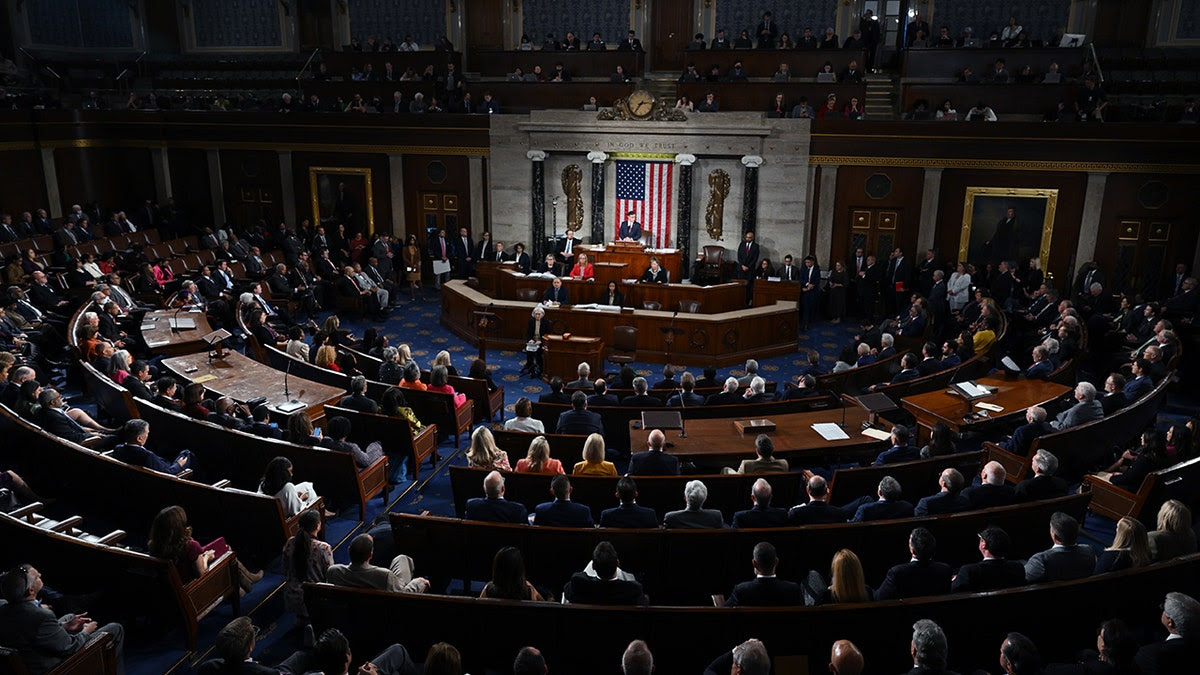In the wake of Iran’s retaliatory strikes on Israel, Congressional leaders find themselves embroiled in a debate over how to address the situation and provide additional aid to Israel. While both parties condemn the attacks, disagreements persist over the best course of action.
Conservatives, wary of expanding the scope of aid packages, particularly in light of escalating tensions with Russia over Ukraine, are cautioning against hastily including Israel funding in broader appropriations bills. This sentiment reflects concerns about diluting the focus on Ukraine and potentially complicating negotiations with Moscow.
On the other hand, there is a strong bipartisan consensus on the need to support Israel, a longstanding ally in the region. Many lawmakers argue that bolstering Israel’s defenses is essential for maintaining stability and deterring further aggression from Iran and its proxies.
However, the disagreement lies in the method of delivering this aid. Some lawmakers advocate for standalone legislation specifically earmarked for Israel, while others prefer integrating it into broader foreign aid packages. The latter approach could expedite the process but risks becoming entangled in broader geopolitical considerations.
Additionally, there are calls for a comprehensive review of U.S. foreign policy in the Middle East, particularly in light of recent developments. This includes reassessing the effectiveness of existing aid programs and evaluating their alignment with broader strategic objectives.
Meanwhile, tensions in the region continue to simmer, underscoring the urgency of Congressional action. As Iran’s influence grows and regional dynamics shift, the United States faces complex challenges in navigating its alliances and interests in the Middle East.
Ultimately, finding common ground on Israel aid will require careful deliberation and compromise among Congressional leaders. Balancing the immediate needs of Israel with broader geopolitical considerations is no easy task, but it is essential for maintaining stability and promoting U.S. interests in the region.







Leave a Comment